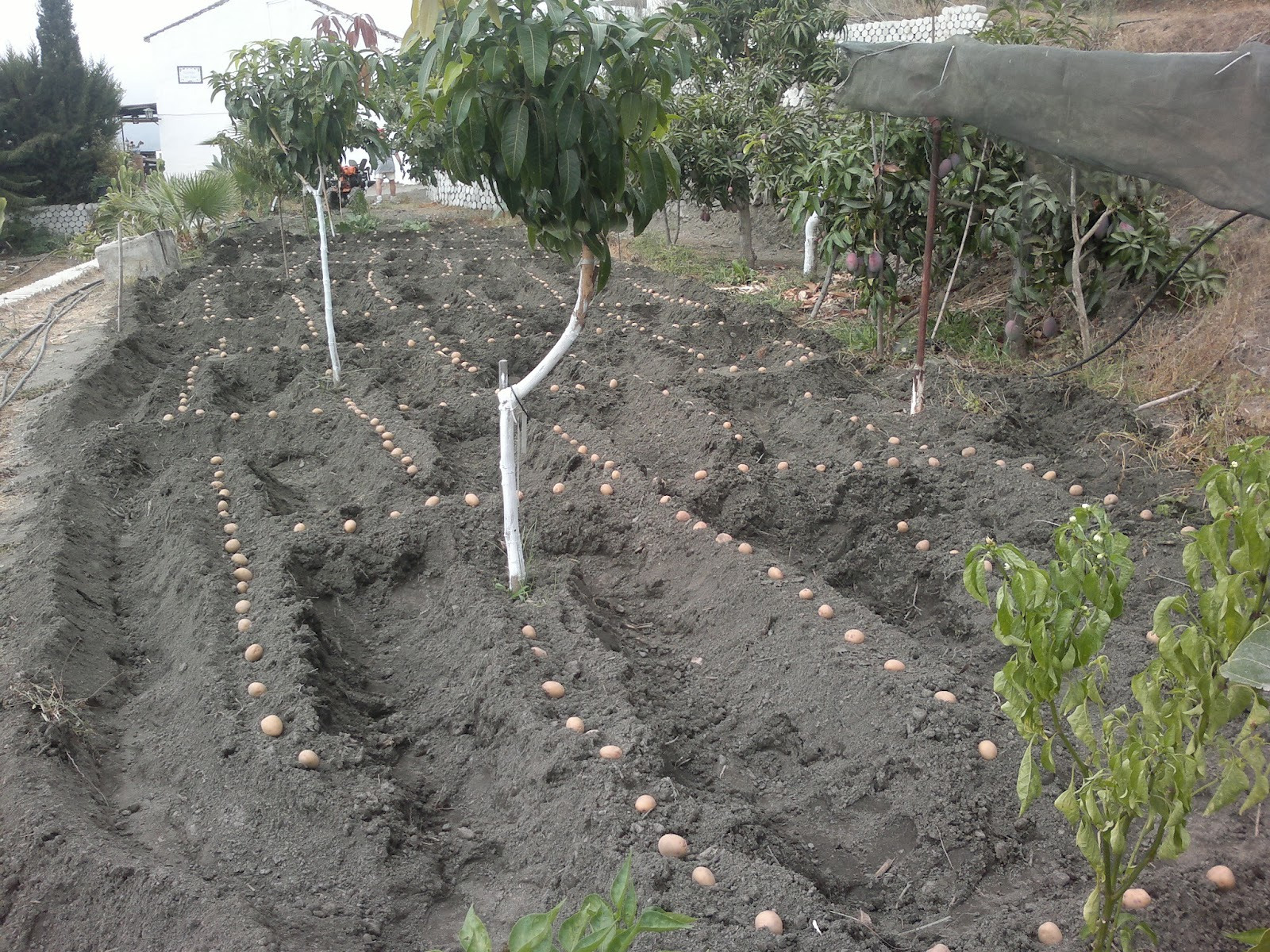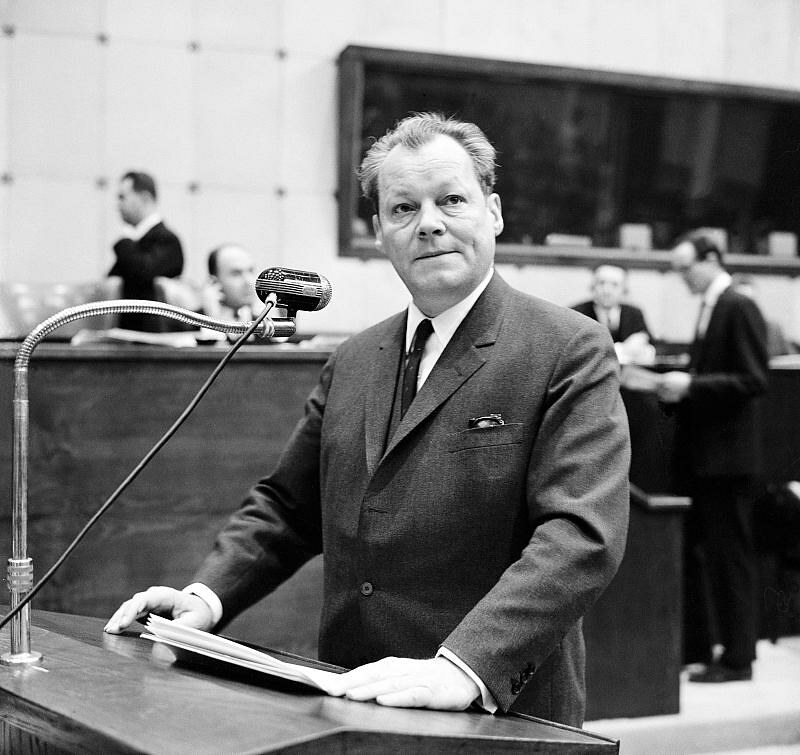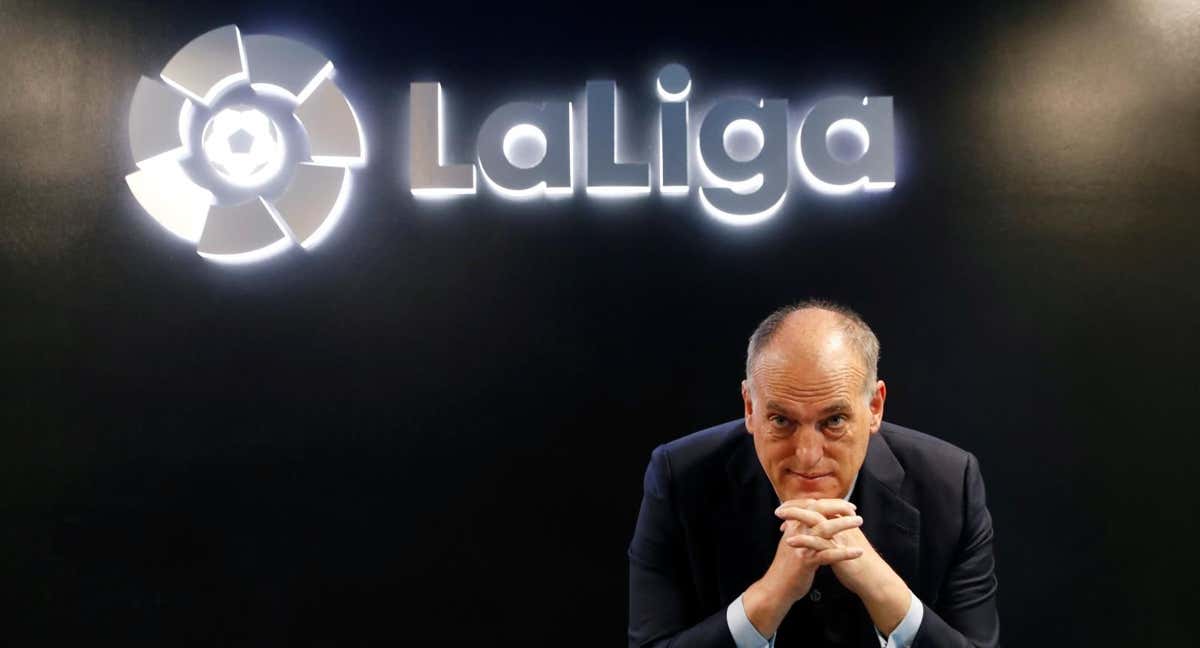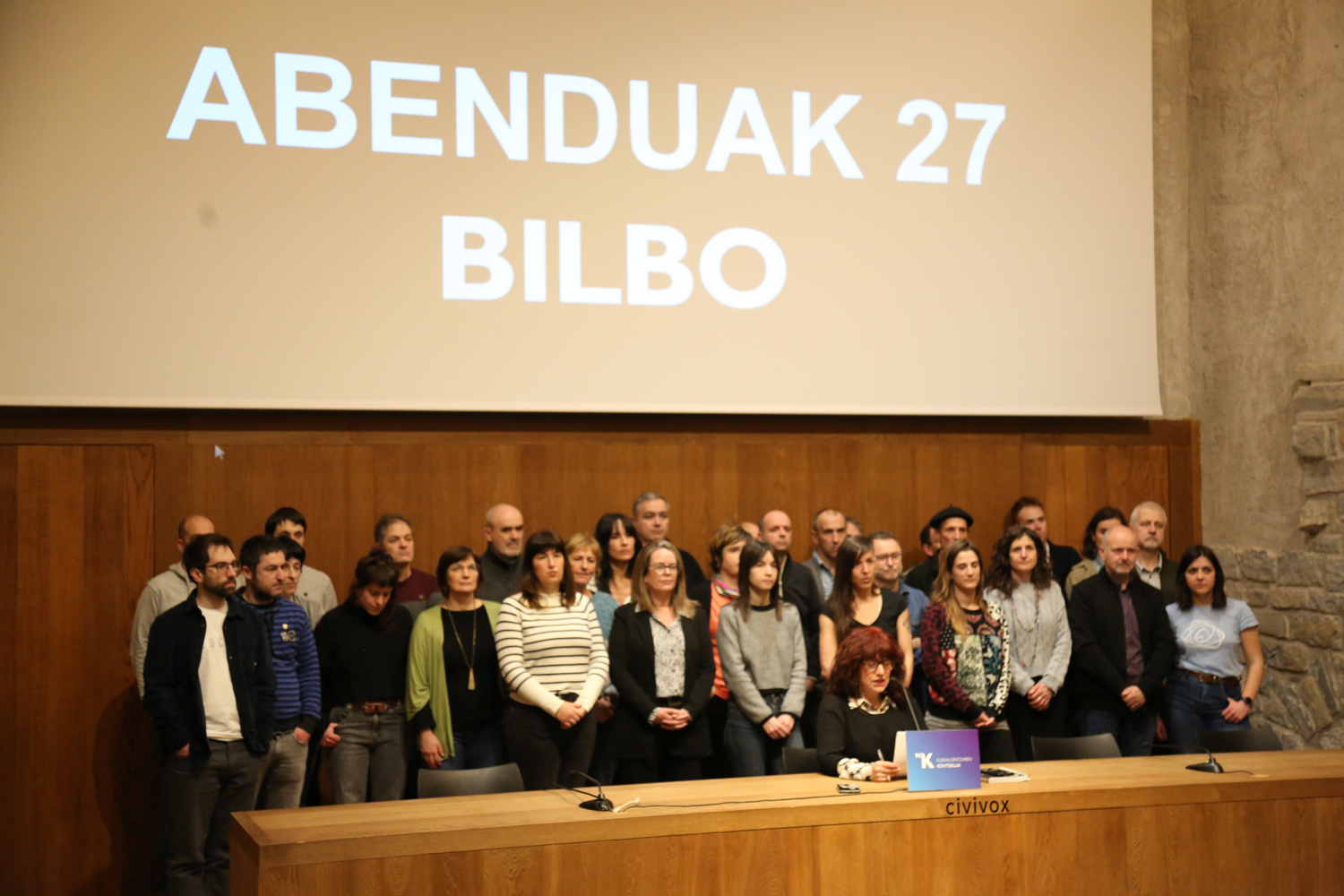Rights to childbirth, in cooperation
- Long live! Responding to the challenge posed by the movement in the context of the fight against climate change, the Charter for Social Rights of the Basque Country was held in Bilbao on 24 October. However, they wanted to go beyond the climate issue. Delving deeper into the founding philosophy of the Charter, among other objectives, an attempt was made to put on the table a new definition of rights and to put in value the diversity of ways of carrying them out. In the new era, the strategy of popular movement will need endless faces.

“I compare it to a solar system; each planet has its own orbit, but they all revolve around the same sun.” One of the six spokesmen for the initiative, Mikel Saralegi, summarized in this way the collaborative exercise that the People of Alternatives of Bilbao has carried out.
From the first hour of the morning until the night, this solar system was packed with people. But notice, it wasn't just visitors, it was people who were mobilizing. The organizers wanted to stress this point: “We are demonstrating that there are many ways to mobilize.”
Many ways of mobilizing, as well as demands. We are in a new context, with crises in all areas (economic, political, ecological, cultural...), and the ways of responding to the system are changing, according to Olatz Injuobeitia, another spokesman for Ceballos Alternatiba. The confluence of different political cultures leads to a new political culture. And one of the main features of this culture is plurality, in the words of Injuobeitia: “We are in a new time, in an age of diverse strategies, and this initiative is a sign of it.”
The subjects who are building alternatives maintain their autonomy – orbits, to continue with the astronomical simil – but they increasingly see the need to act together around minimum consensuses. Among other things, because the multiple faces of oppression show an ever-increasing bonding.
This is what Olatz Harmful obeitia considers: “We are no longer in the 1980s; capitalism, patriarchy, imperialism… they feed back, and that leads us to ask ourselves: What are the subjects of transformation? How are they going to work?”
What is the right?
Last year, nearly 150 trade unions and social partners presented the Charter of Social Rights of Euskal Herria, and the Bilbao Alternative Charter, to which more people have joined, has been celebrated in their call up to 167. “Has the Charter of Rights organized the People of Alternatives, so the law and the alternative are the same?” we have asked the question.
Olatz Harmful obeitia has taken the time to reflect the answer: “The philosophy of the Charter of Social Rights was from the very beginning to make a new formulation of rights. We are used to the fact that rights are linked to a claim which, as a result, is something that is required of the institutions, the employers or another class. But the claim can be made in other dimensions. In other words, the right can be demanded, but it can also be acquired, exercised, given birth…”.
It is not understood that we came from an era of pure resistance, Harmful obeitia has warned, “in Euskal Herria there has always been a very plural movement, something else is what has been done in the light and what things have been done in the shadow; also the objective of this initiative is to bring to light what was in the shadow”.
Society has a lot to say in guaranteeing rights
“We are demonstrating that we can live differently, in the area of consumption, energy, education, food…”. The agents who worked on the preparation of the initiative on 24 October called for alternatives to overcome the current social model. In their first assessment on the same day, they stressed that Alternatiben Herria was not a utopian trade show. On the contrary, the eleven projects exposed in the window have a dream but the feet well supported on the ground. It was a window of small and not so small alternatives that already work.
In other words, we don't need to wait for anyone to build a different world. “If this is the case, what is the role of public institutions in guaranteeing rights?” we asked Olatz Injuobeitia. “We came from the welfare state,” he began to respond, “and in this context public institutions have been considered as guarantors of rights. But, on the one hand, it has never been entirely like that; and on the other hand, it is getting less and less. My question is: Is it possible that everything is executed from the institutions? Once there, another element appears at the center of the debate: the community. It may be up to the community to exercise certain rights.”
Injuobeitia recalls that the left-wing debate is classic – and one of the causes of some divisions in the 20th century – about the weight that public and community areas have to bear. “I believe that many of the agents inside Alternatiben Herria attach great importance to advertising and that others think that the exercise of certain rights will come from the community (self-management). In the current context, these conceptions converge. The time has come to explore the political capacity of united citizenship. And we have enormous capabilities.”
Daily elections are political.
It would be a pride to try to summarize in this article all that the People of Alternatives gave, as well as try to summarize life itself. In fact, in the initial design of the initiative, Sustainability of Life was one of the areas to be located around the Arenal of Bilbao. Finally, they decided not to dedicate a specific space to this area, understanding that the theme of the whole People of Alternatives was the same: the sustainability of life.
“On a personal level, in interpersonal relationships, in connection with nature, as a people... we have shown our desire to be sovereign,” Mikel Saralegi said on 24 October. They wanted to show, among other things, that the struggle for sovereignty can and does take place on many levels, such as that of Alternatiben Herria, in Bilbao, where everyday choices also have political status.
In the words of Olatz Harmful obeitia, “there are many self-determinations denied in this country, in addition to national self-determination, but we have built a common political site for when those self-determinations materialize”. This site is enriched with the best fertilizer, according to those who have raised the People of Alternatives: “In the way of organizing, in the approaches that have been made, in the dialogue between the experiences that have been presented ... the energy, the illusion and the imagination that we have held in other occasions prisoners have been freed. Transformation comes.”
Kultur adierazpen guztien baturak erakutsi du pentsamendu bakarrari eta kritikotasun ezari aurre egiteko txerto eraginkorra dela. Baina kontuan hartzen al dugu gizartea aldatu nahi dugula diogunok?
Arte sorkuntza kritikoa beti izan da deserosoa sistema betikotu nahi dutenentzat; eta hala ere, ez duzu kultura aurkituko eraldaketarako agendaren muinean. Zergatiei eta konponbideei begira jarri ziren Irantzu Lekue artista gasteiztarra, EHZ jaialdiko Pauline Guelle, Iñaki Landa kultur sustatzailea eta hogeiren bat lagun Alternatiben Herrian, Gotzon Barandiaran kulturgilea zirikatzaile lanetan zela.
“Kultur sorkuntza dirudunen menpe egon ez dadin sortu dira abangoardiak”. Lekueren hitzak dira, Oteizaren ekarpena gogoan zuela. Herritarren parte hartzea pizteko kalea espazio nagusitzat hartuta, artearen eta ekimen sozialen arteko elkarlana azpimarratu zuen.
Krisiak ageriago utzi du kultura ez dela eskubidetzat hartzen. Murrizketen lehen biktima izan da kultur politika publikoen poltsa. Beraz, arteaz gozatzeko dirua behar da. “Industria kulturalak, industria den une beretik, negozio egitea du helburu”, Lekueren ustez. Ifrentzua Pauline Guellek eskaini zuen. Salerosketen logikatik urrunduz, “amesten dugun gizartearen baloreak irudikatzen saiatzen gara EHZko arlo guztietan: kulturalean, politikoan, ekonomikoan, antolakuntza ereduan...”. Ezkerreko mugimenduen gabeziak kritikatzea zilegi dela, baina galdutako plazak berreskuratzea herritarron esku baino ez dagoela oroitarazi zuen.
Eztabaidak laster hartu zuen bidea esparru malkarragoetara. Zer egiten dugu guk egunerokotasunean kultura plazaratzeko edo sortzeko? Erakundeen eragin zuzenik gabe antolatzen ditugun eremuetan zer eredu bultzatzen dugu? “Bertsolari txapelketaren finalean 10.000 baino 11.000 lagun batzea al da arrakasta neurtzeko aldagaia?”, galdetu zuen Edorta urtuellarrak. “Gure jardunaren lehen helburua diruari edo ospeari eskainiz, kapitalismoaren logika bera ez ote garen errepikatzen ari” aztertzea ariketa osasungarria izan daitekeela entzun zen plenarioan.
“Kulturak aldatuko ditu pertsonak eta pertsonek gizartea”. Ordena horretan neurtzen da kulturaren eraldaketarako gaitasuna Iñaki Landaren ustez. Eztabaidari aurrerantzean nola eman segida izan zen Barandiaranen azken galdera. “Hay que hacer!”, Landak aipatutako Lucio Urtubiaren hitzekin bat etorrita, mezu berria sortzeko gai izango den jende multzoa nola aktibatu edo antolatu, ordea? Ahotsenearen bueltan ari diren kultur sortzaile, sustatzaile eta komunikatzaileen artean aurkituko dugu erantzunen bat hurrengo Durangoko Azokan.
Pasa den asteko "kaleratze ilegala" salatu dute hainbat herritarrek, ostiral arratsaldean.
Manifestazio jendetsu batek herriko kaleak zeharkatu ditu, Poliziaren gehiegizko dispositibo batek zainduta, gazteek kudeatutako guneen defentsan eta Gaztetxeak erasoen aurrean defendatzeko. Manifestazioaren amaieran, publiko egin dute iragarpena.
Etxebizitza eskuratzeko orduan pertsona arrazializatuek eta migratzaileek jasaten duten bazterketa sistematikoa salatu dute Gasteizen, agerraldi baten bidez. Apirilaren 5ean Donostiara bertaratzera deitu dute, etxebizitza-eskubide unibertsalaren alde.
Usurbil herri zaintzaileagoa izateko lankidetzan ari diren herrikide, eragile eta erakundeen talde argazkia duzue albiste honi atxikitakoa. Larunbatean Sutegin egindako "Usurbil, herri zaintzailea" izeneko ekitaldian atera genuen. Norabide horretan herri hau egiten ari... [+]
Historia errepikatzen dela idatzi zuen Marxek, “lehenik tragedia gisa, gero fartsa moduan”. Armagintzaren eta militarismoaren inguruan errepikapen hutsa ez, espiralean goraka doan buklea ari gara bizitzen, fartsatik asko duena, eta tragedian amaitzeko gero eta aukera... [+]
Astelehen honetan hasita, astebetez, Jon Miranderen obra izango dute aztergai: besteren artean, Mirande nor zen argitzeaz eta errepasatzeaz gain, bere figurarekin zer egin hausnartuko dute, polemikoak baitira bere hainbat adierazpen eta testu.
Duela lau urte abiatu zuten Azpeitian Enkarguk proiektua, Udalaren, Urkome Landa Garapen Elkartearen eta Azpeitiako eta Gipuzkoako merkatari txikien elkarteen artean. “Orain proiektua bigarren fasera eraman dugu, eta Azkoitian sortu dugu antzeko egitasmoa, bere izenarekin:... [+]
Itsasoan badira landareen itxura izan arren animalia harrapari diren izaki eder batzuk: anemonak. Kantauri itsasoan hainbat anemona espezie ditugun arren, bada bat, guztien artean bereziki erraz atzemateko aukera eskaintzen diguna: itsas-tomatea.
Ohe beroan edo hotzean egiten da hobeto lo? Nik zalantzarik ez daukat: hotzean. Landare jaioberriek bero punttu bat nahiago dute, ordea. Udaberriko ekinozio garai hau aproposa da udako eta udazkeneko mokadu goxoak emango dizkiguten landareen haziak ereiteko.
Udaberrian orain dela egun gutxi sartu gara eta intxaurrondoa dut maisu. Lasai sentitzen dut, konfiantzaz, bere prozesuan, ziklo berria hasten. Plan eta ohitura berriak hartu ditut apirilean, sasoitu naiz, bizitzan proiektu berriei heltzeko konfiantzaz, indarrez, sormen eta... [+]
Azken aldian, asteburuetan, Internet ez dabil ondo. Hasieran, zaila zen webguneei ezarritako blokeoen zergatia ulertzea; orain, badakigu Espainiako La Ligak agindu zituela, futbola modu ilegalean emititzea saihesteko. La Ligaren blokeoak euskal domeinuei eragiten dien... [+]
Bilbon eginiko aurkezpenean iragarri dute ekitaldia, euskarari "arnas berri bat emateko eta behar duen indarraldia gorpuzten hasteko" lehen urratsa izango dela nabarmenduta. Euskaltzale guztiei, baina, oro har, "justizia sozialean eta gizarte kohesioan aurre... [+]









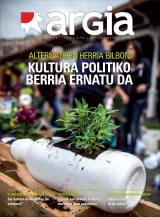

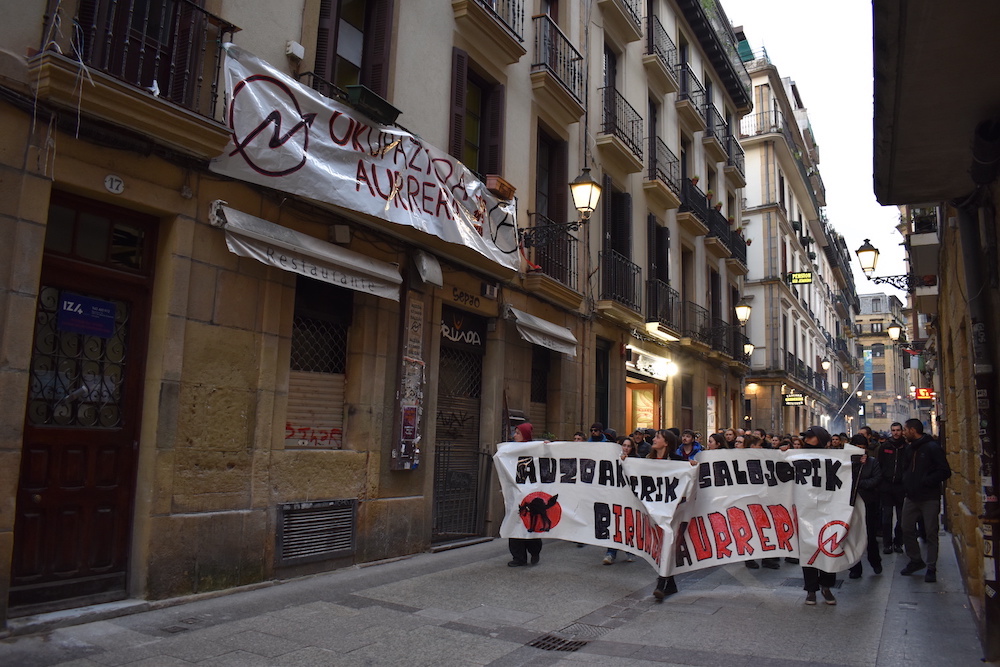
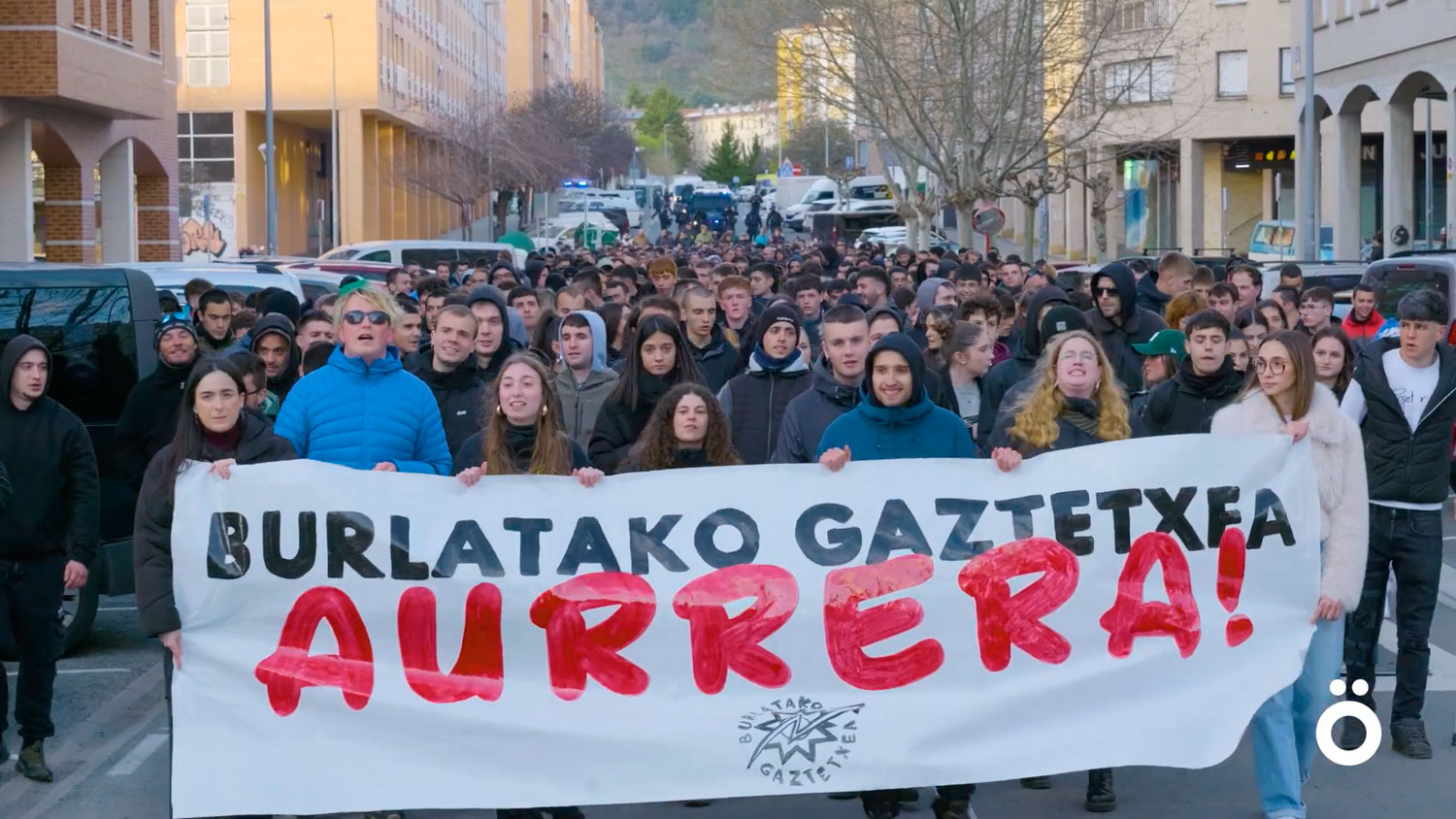


.jpg)



